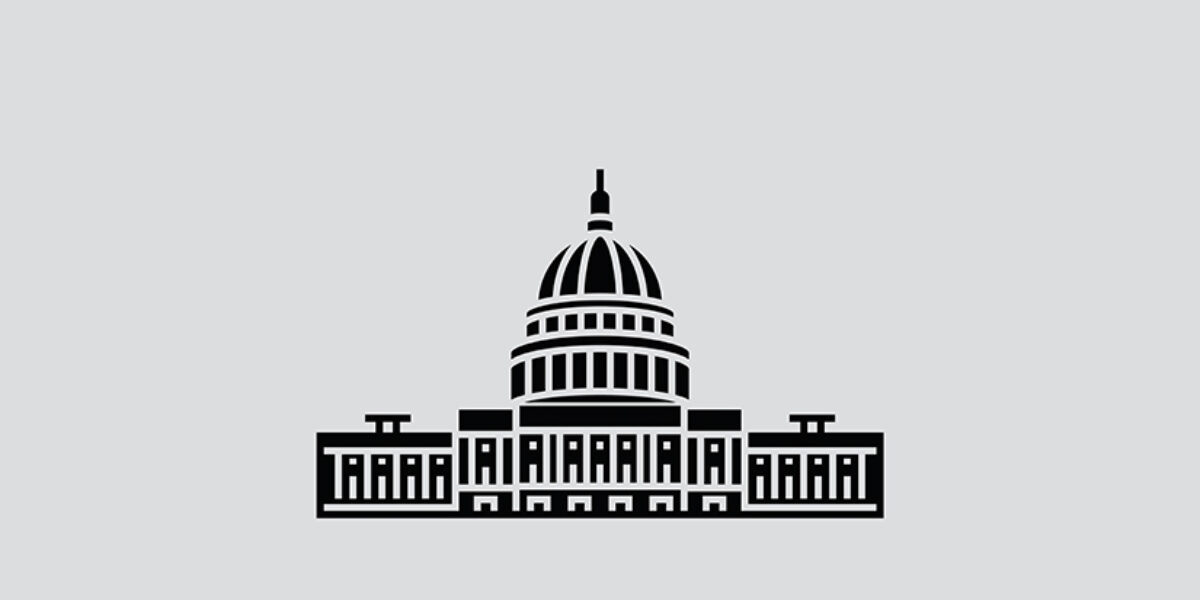On June 10, the IRS announced the winners of its first “Tax Design Challenge.” This innovative crowdsourcing competition was designed to gather ideas to enhance the taxpayer experience.
Andrew Miller of San Francisco won both the “Overall Design” $10,000 reward and the “Best Taxpayer Usefulness” $2,000 reward. He is a web developer and specialist in user-interface design.
Miller created “IRS MyService” with a dashboard and tax return summary cards. His design also included a profile section and individual notifications. His design received high marks because it was responsive and worked well on phones.
Second place for “Overall Design” went to Andrea Angquist of San Francisco. She is a Silicon Valley web developer. Her “IRS 365” designs focused on easy-to-use screens for accessing tax information on a smartphone.
Both winners were evaluated on “Overall Appeal, Taxpayer Usefulness, Financial Capability, Visual Hierarchy, Information Density and Accessibility.”
Other winners in the “Financial Capability” category were Sam Nguyen and Vidhika Bansal of Washington DC. They suggested a concept called “Taxes.” Second in this category was Dante Vono of Minnesota for an application with the title “MyTax Online.”
Editor’s Note: This crowdsourcing plan is an excellent concept. The IRS benefits from very experienced and high-quality web designers. Hopefully, many of these user-friendly concepts will be included in future versions of www.IRS.gov.
New Electronic Access to IRS Forms 990
A Public.Resource.Org Freedom of Information lawsuit against the IRS has resulted in new options to research IRS Forms 990. On June 16 the IRS announced it will make electronic versions for most Forms 990 available through Amazon Web Services.
Carl Malamud, President of the Public.Resource.Org open records organization, was clearly pleased with the IRS action. He stated, “The Service stepped up to the plate and has squarely faced the issue of privacy breaches in public nonprofit returns and are releasing machine-processable XML data for those returns. This is a huge release: 1.4 million e-file returns dating back to 2011 available for free and a commitment to update the data store on a monthly basis. This is a big deal and my congratulations go out to IRS Commissioner Koskinen and his staff for a great job.”
While the IRS initially resisted action on releasing the electronic forms, Commissioner Koskinen subsequently decided to order that action. He commented, “The publicly available information on the Form 990 series is vital to those interested in the tax-exempt community. The IRS appreciates the feedback we have received from a variety of outside partners as we have worked together to explore improvements to make this data more easily accessible.”
The data will be available online for about 70% of nonprofits. These organizations electronically file IRS Forms 990, 990-EZ and 990-PF. The electronic data will not include donor information from these information returns.
The IRS will continue to offer image files of paper and electronic Forms 990 on DVD.
Editor’s Note: This is a positive result. It will permit electronic access and much greater analysis of charitable tax information returns.
Very Substantial Recalculated Timberland LP Discount
In Estate of Natale B. Giustina et al. v. Commissioner; T.C. Memo. 2016-114; No. 10983-09 (12 Jun 2016), the Tax Court recalculated the value of a 41.128% limited partnership interest. The Tax Court had previously valued the interest at $27,454,115, but after reversal by the Ninth Circuit in Estate of Giustina v. Commissioner, 586 F. App’x 417 (9th Cir. 2014), the new value was $13,954,730.
The first Tax Court valuation assumed a 25% weight for a potential sale and allocated 75% weight to the cash flow analysis from operations. It permitted a 4.5% return rate, 3.6% for timber company risk and 6.4% risk for small companies, but reduced the 3.5% specific company risk to 1.75%. The total cash flow discount rate was therefore 16.25%.
The Ninth Circuit mandated 100% weight to operations and questioned the reduction in the company-specific rate. On remand, the Tax Court restored the full 3.5% company risk rate and used the 100% weighting.
Editor’s Note: With an underlying asset value of $61,971,670 for the 41% limited partnership interest, use of the cash flow method for valuation produced an effective discount for estate tax purposes of over 77%.
Applicable Federal Rate of 1.8% for July—Rev. Rul. 2016-17; 2016-29 IRB 1 (17 June 2016)
The IRS has announced the Applicable Federal Rate (AFR) for July of 2016. The AFR under Section 7520 for the month of July will be 1.8%. The rates for June of 1.8% or May of 1.8% also may be used. The highest AFR is beneficial for charitable deductions of remainder interests. The lowest AFR is best for lead trusts and life estate reserved agreements. With a gift annuity, if the annuitant desires greater tax-free payments the lowest AFR is preferable. During 2016, pooled income funds in existence less than three tax years must use a 1.2% deemed rate of return. Federal rates are available by clicking here.





